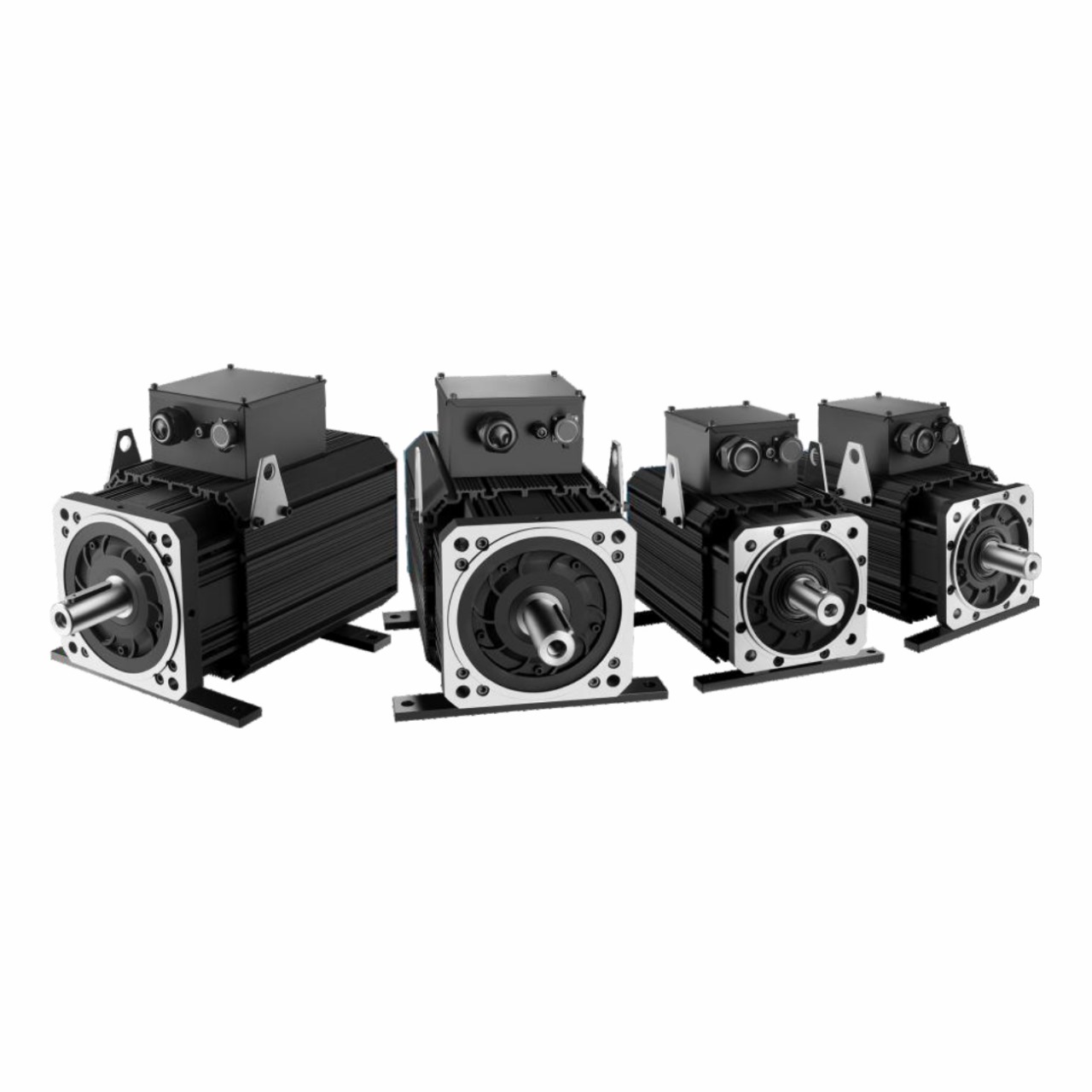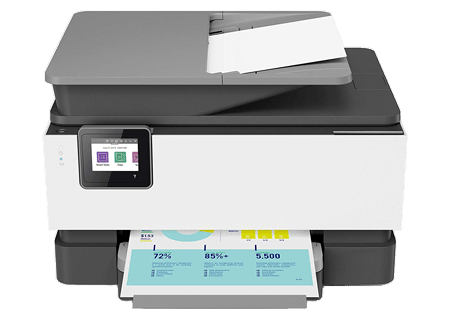Servo motors play an essential role in various industries requiring high-precision performance. From robotics to CNC machining, their importance has grown as technology demands more accurate and responsive motion control. These motors are engineered to provide smooth, efficient, and precise movement, making them ideal for complex applications where accuracy is critical. Let’s explore the key role that servo motor play in high-precision applications and how they contribute to the advancement of technology in multiple fields.
What Are Servo Motors?
Servo motors are specialized electric motors designed to provide precise control of angular or linear position, velocity, and acceleration. They function through a feedback mechanism that adjusts the motor’s movement based on the desired output, allowing it to correct any deviations and maintain accuracy. This control mechanism involves a closed-loop system, where sensors detect real-time performance and send feedback to the control system. This feedback loop enables servo motors to offer unparalleled precision and reliability in performance.
Key Features of Servo Motors
- High Precision: Servo motors can maintain extremely accurate positioning due to their built-in feedback systems. Whether in a factory automation line or a medical device, servo motors deliver the level of precision needed to execute exact movements consistently.
- Fast Response: The rapid response capability of servo motors is one of their most valuable attributes. They quickly adjust their output based on feedback, which is crucial for real-time applications where timing is everything.
- Low Power Consumption: Despite their power and precision, servo motors are highly efficient, consuming less energy compared to other types of motors, making them a cost-effective solution for many industries.
- Durability and Reliability: Built to last, servo motors are designed to handle high-stress environments while maintaining performance, making them ideal for long-term use in industries like aerospace and automotive manufacturing.
Applications in High-Precision Fields
Servo motors are indispensable in high-precision applications across multiple industries. Their ability to control complex machinery with accuracy has made them a preferres choice in fields that demand extreme precision.
1. Robotics
Robotics is one of the key industries benefiting from servo motors’ precision. Robots rely on servo motors for movement, especially in environments that require exact positioning, such as assembly lines and medical robotics. Servo motors help in articulating robotic arms with precision, making them ideal for surgeries, lab automation, and high-tech manufacturing processes where human-like movements are requires.
2. CNC Machining
Computer Numerical Control (CNC) machines use servo motors to ensure precise cutting, drilling, and milling of materials. CNC machines operate in both small-scale and large-scale manufacturing environments, and the accuracy of servo motors helps in maintaining consistency across production lines. The motors ensure that every cut and drill is precise, even at high speeds, improving productivity while reducing the margin of error.
3. Aerospace and Defense
In the aerospace industry, precision is non-negotiable. Servo motors control various systems within aircraft, from flaps to landing gear, ensuring that movements are execute with exact timing and precision. The high responsiveness of servo motors is also valuable in defense systems where real-time adjustments are critical.
4. Medical Devices
Servo motors are use in medical equipment that demands high accuracy and smooth operation, such as MRI machines, robotic surgery systems, and infusion pumps. Their ability to offer finely tuned movements makes them indispensable in devices where precision directly impacts patient safety and care.
5. Automotive Manufacturing
In the automotive industry, servo motors are use to control robotic arms that build and assemble vehicles. These motors ensure that each component is place with pinpoint accuracy, reducing the risk of errors and improving overall efficiency on production lines. Their application extends to areas like power steering systems and electric vehicle components.
Benefits of Servo Motors in High-Precision Applications
The key advantages that make servo motors a go-to choice for high-precision applications include:
- Accurate Positioning: Servo motors excel in tasks that require exact positioning, which is critical in industries like aerospace, robotics, and medical devices.
- Improved Efficiency: By allowing systems to operate with minimal error, servo motors increase operational efficiency, leading to higher productivity and reduced downtime.
- Versatility: These motors can be use in various environments and applications, from factory floors to intricate medical devices, making them incredibly versatile.
- Reduced Maintenance: Their robust design and feedback systems lead to less wear and tear, reducing the need for frequent maintenance.
Conclusion
Servo motors have become an essential component in industries that require high levels of precision and efficiency. Whether in robotics, CNC machining, or medical devices, these motors offer the responsiveness, durability, and accuracy necessary for optimal performance. As technology advances, the role of servo motors in high-precision applications will continue to expand, contributing to the development of even more sophisticate systems. Investing in quality servo motors can drastically improve the reliability and performance of operations in high-precision fields.



